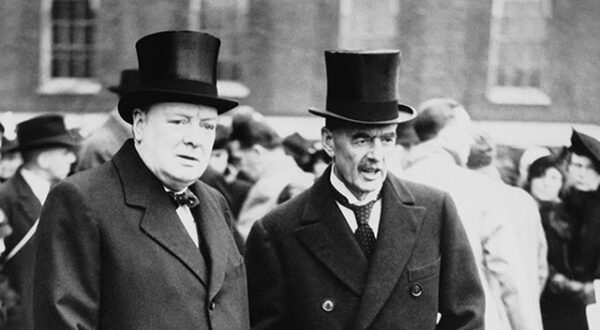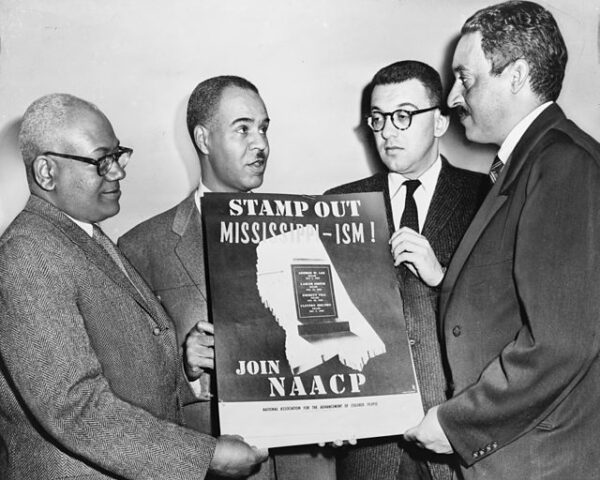September 3, 1939, the world drew battle lines, and World War II officially began following England and France’s declaration of war against the Nazis following Hitler’s invasion of Poland on September 1, 1939. The invasion was a brazen act of aggression, violating international norms and treaties. Poland, facing overwhelming odds, put up a valiant defense, but it was soon clear that the scale of this conflict was unlike any seen before.
In response to Germany’s aggression, Britain and France issued an ultimatum to Germany, demanding the withdrawal of German forces from Poland. When this ultimatum went unanswered, both countries declared war on Germany on September 3, 1939. This declaration signaled the official start of World War II, drawing numerous nations into a global conflict that would ultimately lead to unprecedented devastation and loss of life.
“In a 5 minute broadcast on the Home Service,” recalls the BBC Prime Minister Neville Chamberlain “announced that as Hitler had failed to respond to British demands to leave Poland, “This country is at war with Germany”. Chamberlain went on to say that the failure to avert war was a bitter personal blow, and that he didn’t think he could have done any more.
Following the Prime Minister’s speech there were a series of announcements. All places of entertainment were to close with immediate effect, and people were discouraged from crowding together, unless it was to attend church. Details of the air raid warning were also given and it was emphasised that tube stations were not to be used as shelters.
In London, the air raid sirens sounded only 8 minutes later, and – although most BBC staff had been evacuated in preparation for hostilities – many of those remaining, including commentator John Snagge, donned tin helmets and rushed to the roof of Broadcasting House to watch the bombs falling. It was a false alarm.”
“The first casualty of what would become World War II was the British ocean liner Athenia, “which was sunk by a German U-30 submarine that had assumed the liner was armed and belligerent,” notes The History Channel. “There were more than 1,100 passengers on board, 112 of whom lost their lives. Of those, 28 were Americans, but President Roosevelt was unfazed by the tragedy, declaring that no one was to “thoughtlessly or falsely talk of America sending its armies to European fields.” The United States would remain neutral.”
As for Britain’s response, it was initially no more than the dropping of anti-Nazi propaganda leaflets—13 tons of them—over Germany. They would begin bombing German ships on September 4, suffering significant losses. They were also working under orders not to harm German civilians. The German military, of course, had no such restrictions. France would begin an offensive against Germany’s western border two weeks later. Their effort was weakened by a narrow 90-mile window leading to the German front, enclosed by the borders of Luxembourg and Belgium—both neutral countries. The Germans mined the passage, stalling the French offensive.”
The outbreak of war in Europe had profound consequences, both immediate and long-term. It triggered mobilization efforts across the involved nations, leading to mass conscription and an unprecedented reconfiguration of societies for total war. The conflict in Europe quickly spread, involving other nations and regions, leading to the formation of the Allied and Axis powers, setting the stage for a conflict that would span continents and reshape the world order.
September 3, 1939, marked the end of a period of uncertainty and appeasement and the beginning of a new era characterized by unprecedented military and political challenges. The horrors of World War II, including the Holocaust and the devastating impact on civilian populations, would continue for six long years, leaving an indelible mark on the course of history and reshaping the world in its aftermath.






